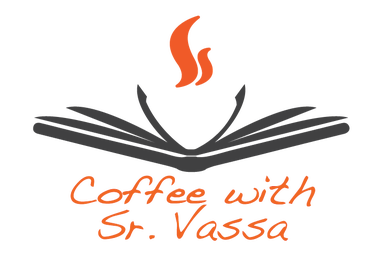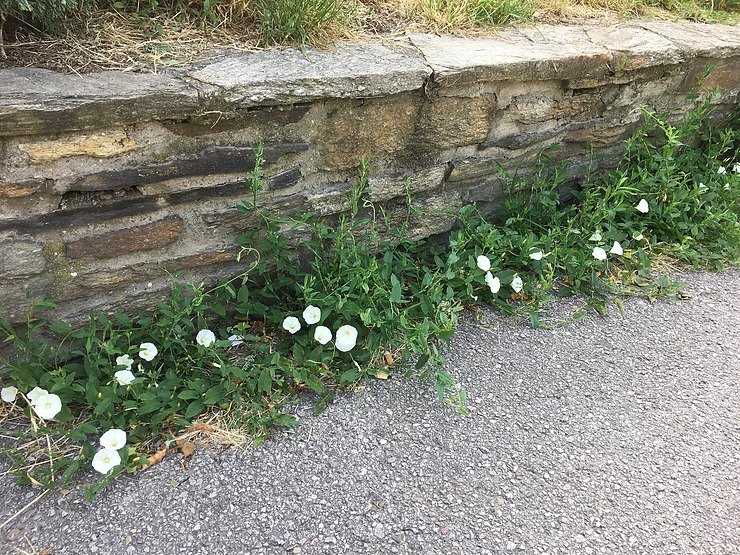“Therefore do not be anxious, saying, ‘What shall we eat?’ or ‘What shall we drink?’ or ‘What shall we wear?’ For the Gentiles seek all these things; and your heavenly Father knows that you need them all. But seek first his kingdom and his righteousness, and all these things shall be yours as well.” (Mt 6: 31-33)
It may seem ironic that today, when we Orthodox Christians begin the Apostles’ Fast, we also have this reading, in which the Lord commands us not to be “anxious” about “what” we shall eat or drink (or wear). But as we adjust our food-choices according to the fasting-rules of our Church, (abstaining from meat and dairy-products), we do so not “anxiously.” We do so in a purposeful act of our common, ecclesial will, to (re)focus, together, on “seeking first His kingdom and His righteousness.” And as such, as an act of our will, our communal fasting is not only self-limiting but liberating, particularly from “anxiousness.” Because purposeful action is empowering, while inactivity and aimlessness breed anxiousness, or even anxiety. As G. K. Chesterton wrote: “Every act of will is an act of self-limitation. To desire action is to desire limitation. In that sense, every act is an act of self-sacrifice. When you choose anything, you reject everything else… Art is limitation; the essence of every picture is the frame… This is certainly the case with all artistic creation, which is in some ways the most decisive example of pure will. The artist loves his limitations: they constitute the thing he is doing.”
Today, as we take up the “art” of fasting, I say Thank You, God, for the framework of our beautiful Tradition. Let us love our limitations, and “let us love one another,” this fasting-period, “that we may with oneness of mind confess: Father, Son, and Holy Spirit; Trinity, one in essence and undivided!”






